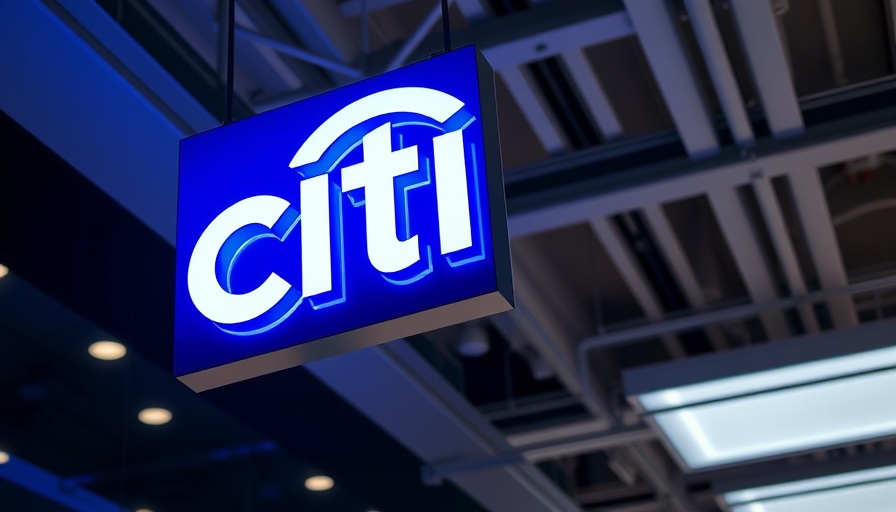
The Shift in Corporate Responsibility: Citi's Decision Explained
In a significant move, Citi has decided to lift its self-imposed restrictions on financing gun merchants, a decision that has sent ripples through the financial and political landscapes. This shift is not merely a corporate policy change; it reflects broader social discussions surrounding corporate responsibility and the role of financial institutions in addressing societal issues.
The Impact of Financial Decisions on Society
Gun control debates are among the most polarizing in the United States, and financial institutions like Citi have previously taken stands influencing public discourse. The restrictions placed on dealings with gun sellers were a statement in favor of reducing gun violence and enhancing community safety. By rescinding these restrictions, Citi’s actions may be seen as a step back from its previous stance on corporate social responsibility.
Historical Context: Corporate Responsibility in the Gun Debate
The evolution of corporate policies tied to social issues has heightened over the years. In the wake of mass shootings, companies began reevaluating their associations with gun merchants to align with public sentiment against violence. This growing trend among major corporations to engage with social issues has resulted in a reactive corporate culture that supports both perspectives of the right to bear arms and the call for increased regulation.
Market Reactions: Investors and Stakeholders Weigh In
Following Citi's announcement, investors and stakeholders have expressed mixed reactions. For some, this is a sound business decision that reflects a shift towards profitability, especially as the gun market remains robust. But for many others who prioritize corporate ethics, this might signal a troubling willingness to put profits ahead of principles. This tension reflects a broader trend where consumer behavior increasingly influences corporate actions.
Future Trends in Corporate Governance and Responsibility
As we move forward, the question remains: How will corporate governance adapt to the expectations of consumers and stakeholders? Financial institutions might need to tread carefully as they navigate these complex waters. Balancing profitability with social responsibility could very much define the next wave of corporate trends. Should companies continue to take stands on social issues, or is there a point where neutrality becomes more prudent?
Insights into the Bay Area's Investment Landscape
In the Bay Area, where technology and social responsibility often intersect, Citi's decision could affect investment trends among Silicon Valley startups and tech firms. Technology companies have long been at the forefront of pushing for sustainable practices and considering their social footprint. Decisions made by major banking institutions like Citi may directly influence venture capital funding and shape the business culture across the region.
Strategic Decisions in a Competitive Market
Citi's reversal begs the question of strategic maneuvering in a competitive financial landscape. Other banks and financial institutions will undoubtedly be watching closely. If it succeeds in attracting more business from the firearms industry, this may set a precedent prompting others to rethink their own policies. On the contrary, the potential backlash from ethical investors could complicate their operations.
Citizens Respond: Public Sentiment and Economic Implications
The decision comes at a time when public confidence in financial institutions is critical. Consumers are increasingly opting to do business with companies whose values align with their own. As young consumers enter the market, their demand for accountability from corporations will likely shape future policies, pushing companies to engage more meaningfully in societal dialogues. With the economic implications of such a significant policy change, the ensuing discourse will be vital in defining corporate reputations.
Conclusion: What Lies Ahead for Citi and Corporate Practices
Ultimately, Citi’s decision to change its policy on dealings with gun merchants signals a crossroads in corporate practices. It poses vital questions about the evolving landscape of corporate governance and the ethical obligations of businesses. As we observe the ramifications of this move, stakeholders across the economic spectrum should remain engaged in discussions about corporate social responsibility.
 Add Row
Add Row  Add
Add 



Write A Comment